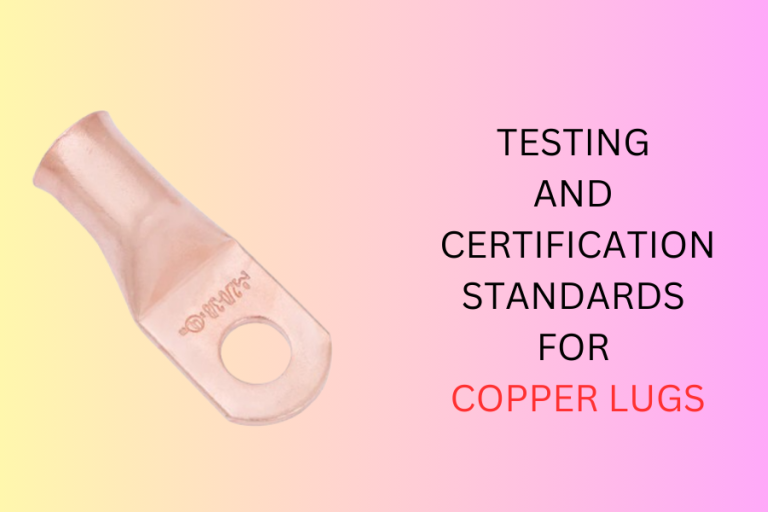
You are lying in bed in the middle of the night, thinking about your debts, work, or kids while looking up at the ceiling. It’s possible you can’t sleep and tempt to take a sleeping pill or other sleep aid. Most people are getting less sleep than ever because of the pressures of work, leisure, and family. A good night’s sleep is just medicine for your body millions of people use over-the-counter and sleep support pills to get good sleep. Read below to know more about the functioning and usage of sleeping pills, which helps you in good sleep:
Sleep support pills and its working
Sleeping pills sometimes referred to as sedative-hypnotic pharmacological products, are prescription or over-the-counter drugs used to help people fall asleep. They are used to treat insomnia. Sleep aids induce drowsiness, which encourages sleep. They help both people fall asleep and stay asleep. In general, severe insomnia is the condition where sleeping medications work best. A wide variety of alternatives are available for particular types of sleeping pills. Some sleeping pills have various distinct functions. Various sleeping medications have different mechanisms of action. Some are more effective for trouble getting asleep, while others are more effective for trouble remaining asleep.
Categories of sleeping pills
Three categories can be used to categorize sleeping pills:
- Hypnotics or GABA agonists: These medications target and stimulate the brain’s GABA receptors, which encourage sleepiness.
- Melatonin receptor agonists: They are medications that focus on and stimulate melatonin receptors.
- Orexin receptor antagonists: The newest category of sleeping aids, orexin antagonists block orexin, a neurotransmitter that encourages alertness.
These are the drugs that are known to be effective for treating insomnia and sleep disorders. The doctors may also recommend drugs that were initially recommended for other conditions. Even though their primary indication is a distinct medical illness, several drugs, including brazilian green bee propolis, are frequently used.
Taking sleeping pills
If your best attempts to get a night’s sleep have failed, sleeping may be an option. Here is some advice on using them safely:
- Obtain a medical assessment: See your doctor for a full examination before using any sleeping medications. Your doctor may frequently be able to identify particular causes of your insomnia. Talk to your doctor about the best follow-up schedule if you have been using sleeping medicines for longer than a few weeks.
- Go over the medication manual: To learn how to take your medication and when to take it, read the medication guide for patients. A pharmacist or doctor should be consulted if you have any questions regarding its usage of it.
- Take the pill only when you are in bed: The risk of harmful scenarios can rise when taking sleeping drugs a long time before sleeping. Take your sleeping pills before you intend to go to bed after finishing all of your activities at home.
- Only take your sleeping medication if you can sleep through the night: When you are certain that you will be able to get a full night’s sleep, then only take a sleeping pill. You can take a few short-acting sleeping tablets when you can stay in bed for at least four hours because they are designed for awakenings in the middle of the night.
- Avoid alcohol: Never combine alcohol with sleeping aids. The sedative effects of the pills are increased by alcohol. In sleeping medications, even a little amount of alcohol might cause confusion, lightheadedness, or even fainting. Alcohol and certain sleeping medicines can cause severely delayed respiration. Insomnia is also linked to alcohol.
- Be careful: Follow your doctor’s or pharmacist’s instructions or the directions on the package when it’s time to stop taking sleeping tablets. Some drugs require a gradual withdrawal period. Keep in mind that a few days after stopping your sleep aids, you can have some short-term rebound insomnia.
How long do the sleeping support pills stay?
The length of time the sleeping pills stay varies greatly depending on the prescription drug. The half-lives of several sleep pills are brief for 3 hours. The drug’s half-life directly affects how quickly the chemical departs the body. Your body gets rid of drugs faster when their half-lives are shorter. How long a sleeping tablet stays in your system depends on a few different things. Genetics, age, liver and kidney function, and general health are a few more factors that affect how long sleeping tablets last in the body. The length of time you have been taking the medication and the dosage has an impact on the elimination process of the drug as well.
Bottom Line
In a bid to stay on top of the challenges and competitiveness in modern life, most people tend to ignore their own health. Because of growing awareness of sleeping and its essential body functions, many people resort to taking sleep support pills. Follow the above-mentioned tips while taking sleeping pills.






